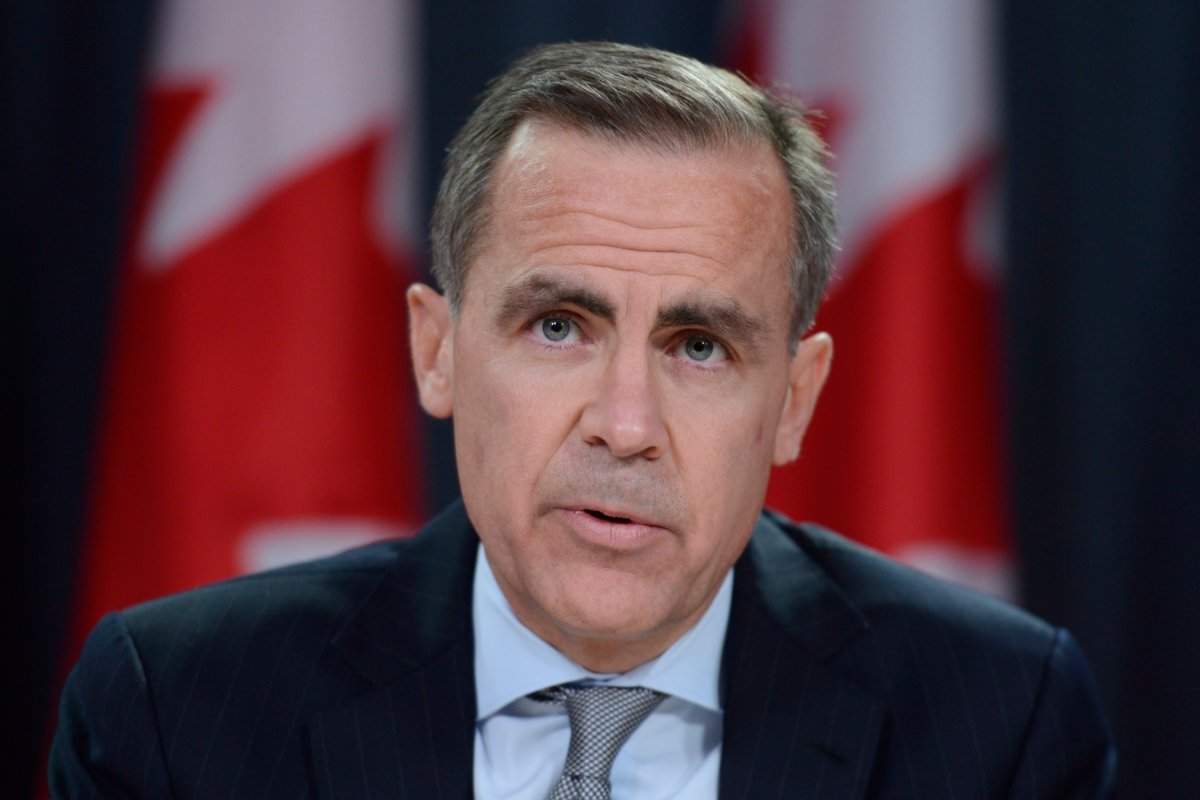As he departs his post to become the Governor of the Bank of England, Mark Carney says the biggest challenge Canada faces in the next generation is a shortage of skilled workers.

“I think in the end it comes down to skills,” the outgoing Bank of Canada Governor said in an interview on the Global News program The West block with Tom Clark.
“We are obviously blessed with natural resources,” he said. “But even with natural resources … it’s all about skills and it’s skills across the board for all Canadians and all Canadian residents.”
Carney was asked whether Canada could fill the gap through increasing skills domestically or being open to bringing in skilled workers from around the world.
“One starts very much with the first,” he said. “And with the second, as the recent debate has been, is that very much in the spirit of what the government has said, is that’s a transition. Those are transitory measures. You’re bringing in high-skilled workers to transition to high-skilled Canadian residents to fill those jobs.”
Carney also offered a message to Canadians: momentum is coming.
After a trying 2012 in which Europe plunged into crisis and a fiscal cliff loomed in the United States, Carney says domestic momentum and business investment will pick up in Canada over the next couple of quarters.
“The key thing for Canadian businesses to recognize is that we still have the most resilient financial system in the world.”
- Iran fires air defences at military base after suspected Israeli drone attack
- U.S. aid to Ukraine, Israel set to pass. But bills differ in one key area
- Carbon rebate labelling in bank deposits fuelling confusion, minister says
- Conservatives ask interference inquiry judge to rule elections were flawed
He added Canada’s growth is moderating relative to those “who still have a lot of catching up to do” but the biggest difference has been the performance of Canadian exports being much weaker than expected.
“They’ve been much less strong across the board, whether it’s oil and gas, non-energy commodities or importantly, goods and services manufacturing,” he said.
He said there are a variety of factors contributing to the slow-down, pointing to examples such asthe shutting down of some plants and offshore platforms that took away from export energy – even though the dollar is up.
“What we haven’t had is the productivity growth that’s made up for the strength of the dollar and we’re seeing that in our performance in the United States,” he said.
While Canada’s economy is in a bit of a “soft patch” it will be picking up in the latter half of the year, he said.
“There are a lot more Canadians who want to work and those Canadians who are working want to work more hours,” he said.
He said in terms of prices and inflation, they will stay low, stable and predictable.
“In terms of access to credit, if a Canadian watching is thinking of expanding their business, setting up a business, getting access to credit, times are about as good as they can be,” he said.
“The only thing we’re saying, with the glass half empty, is if you’re taking out a longer term consumer loan or a mortgage, just remember that we’re in exceptional circumstances and rates over time will rise.”
As for his next job, Carney said he’s “realistically optimistic” that Europe recognizes the scale of the problem of their financial situation.
Carney deflected questions about the added scrutiny he will likely face in his new post, as the British press have already reported on his personal life as well as that of his wife, Diana Carney, who has spoken out against income inequality.
He also downplayed the prominence of his new role within the Bank of England.
“The institution is tremendously important. I think it gets over played how important the governor is,” said Carney.
He explained the core decisions are made by a group of committees, not simply the governor.
“I wouldn’t have taken the job if I didn’t think I could contribute to that institution and help the British economy get back to full employment and sustainable growth.”
Overall, Carney said central banks need to be more transparent.
“We have a lot of responsibility,” he said.
“We need to try to explain ourselves, what we’re doing so that the man and the woman on the street understand it and they can get on with their lives.”


Comments